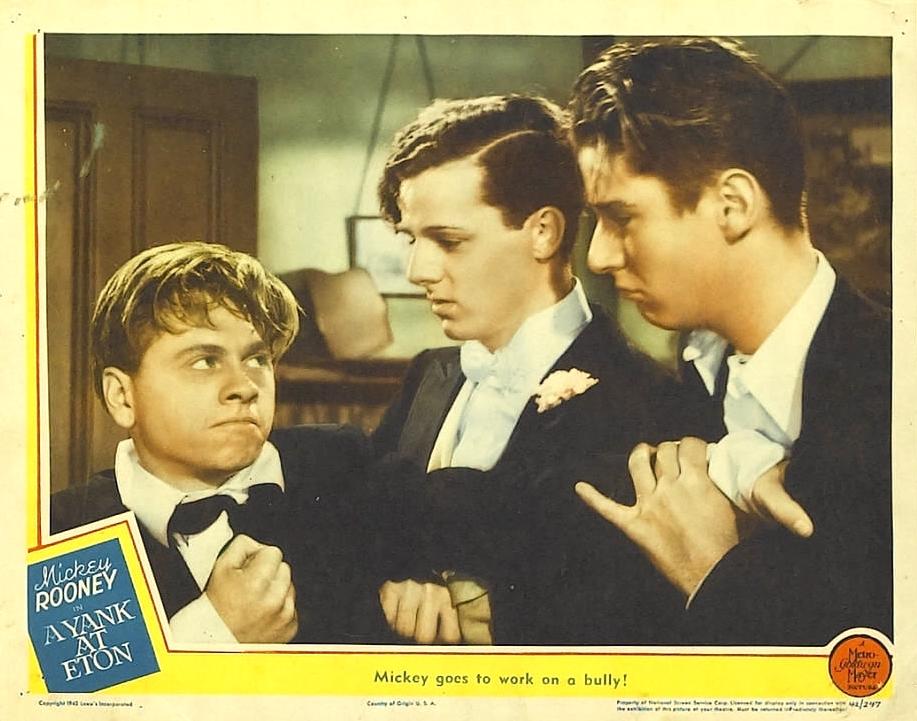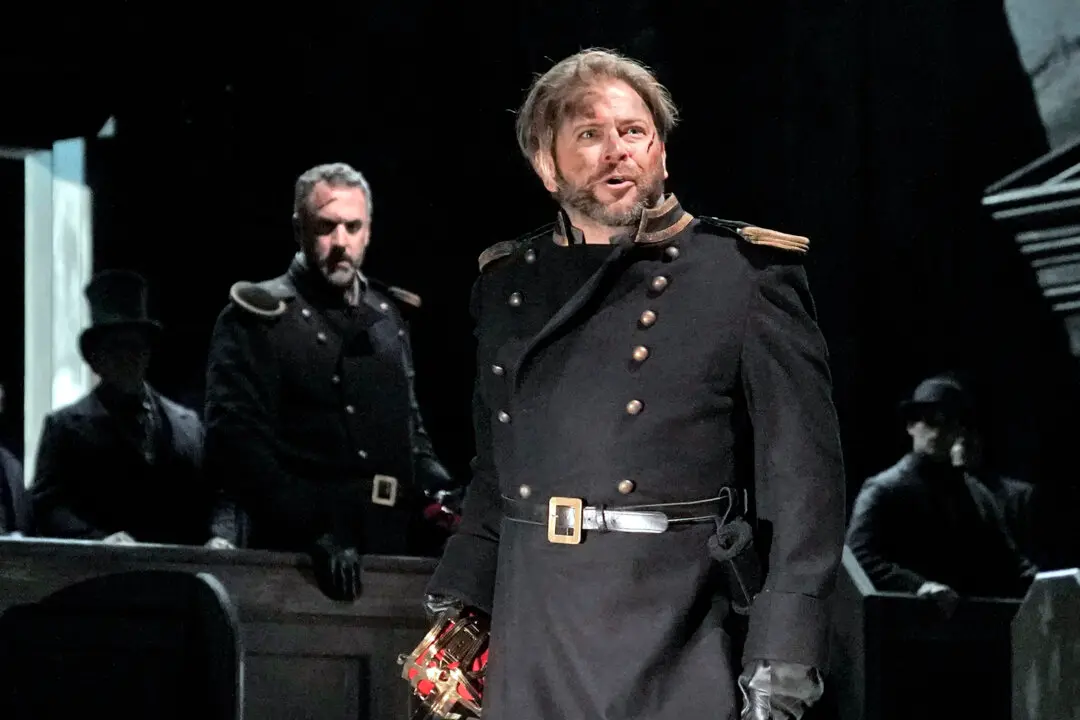Commentary
Rebelliousness is a basic human trait. It could be described as immature, foolish, or even sinful, but it’s a natural reaction we’ve all experienced at some time or another. Because someone tells us not to do something, we want to do it even more! This has been happening politically in the last few years, and it’s produced some interesting phenomena in the conservative movement. As harmful ideologies continue to threaten the American way of life more each day, many patriots have embraced an extremely cavalier attitude as a defiant protest for freedom. While there’s nothing wrong with being a brave, unapologetically patriotic American, too much defiance isn’t Americanism, either—it’s anarchy.





